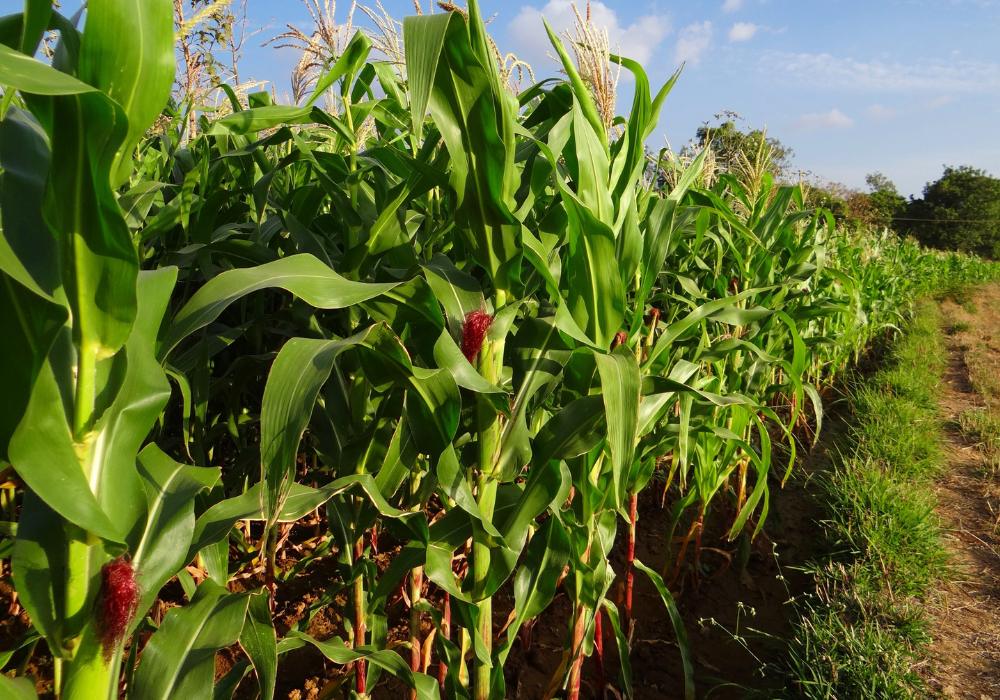From hidden health risks to environmental trade-offs, here’s why veganism isn’t always what it seems.

Veganism appeals to many for ethical and environmental reasons, but it also presents unique challenges that deserve thoughtful consideration. Nutritional deficiencies, such as vitamin B12 and iron gaps, require careful planning and supplementation, according to experts at the Academy of Nutrition and Dietetics.
Practical issues like social dynamics, food accessibility, and environmental trade-offs add complexity to adopting a fully vegan diet. Understanding these factors helps clarify when veganism may or may not be the best choice for individual health and sustainability goals.
1. Veganism may not provide enough variety in essential nutrients for everyone.

Incorporating a diverse range of nutrients is crucial for any diet, but some individuals find veganism challenging in this regard. Essential nutrients like vitamin B12, iron, and omega-3 fatty acids often come from animal products, requiring vegans to seek fortified foods or supplements.
Neglecting these nutrients can lead to deficiencies, affecting overall health. To maintain adequate nutrient intake, focus on varied plant-based sources, including legumes, nuts, and leafy greens, and consult a nutritionist to tailor dietary choices according to personal health needs.
2. Some people find it challenging to maintain balanced energy levels on a vegan diet.

Maintaining energy levels can be tricky when switching to a vegan diet if not carefully planned. Plant-based foods are typically lower in calories, which might lead to unintentional calorie deficits. Integrate high-calorie ingredients like avocado, nuts, and whole grains to ensure sufficient energy.
Balancing protein intake with foods such as lentils and tofu can also support sustained energy. Monitoring energy throughout the day helps identify needed adjustments, ensuring consistency and balance within an active lifestyle.
3. Social situations can become more complicated when adhering strictly to veganism.

Navigating social situations can become complex for those committed to veganism, especially in cultures where meat-centric dishes predominate. Friends and family gatherings might not always accommodate vegan preferences, leading to awkward moments or limited eating options.
One strategy is to communicate dietary needs in advance and participate in meal planning. Bringing a vegan dish to share not only avoids discomfort but also introduces others to plant-based cuisine, fostering inclusivity and understanding in various social settings.
4. Certain ethical concerns arise around monoculture crops used in vegan food production.

While veganism is often associated with ethical eating, concerns arise with monoculture farming. Crops like soy and corn, staples in vegan diets, can lead to biodiversity loss and environmental degradation when grown intensively.
Recognizing these issues encourages more thoughtful food choices, such as supporting small-scale organic farms and exploring alternative protein sources like quinoa or lentils. Evaluating the sustainability behind food production aids in aligning dietary habits more closely with both ethical and environmental values.
5. Accessibility to affordable and fresh vegan options varies significantly across regions.

Access to fresh vegan products varies widely by location, posing challenges for people in food deserts or rural areas. Urban dwellers might have ample options, but those in underserved regions could struggle with limited access to fresh produce and vegan staples.
Budget-friendly solutions include bulk buying legumes and whole grains, or joining local co-ops for better rates on fresh produce. Being resourceful with available options supports a balanced vegan diet, even in areas with fewer offerings.
6. Rethinking veganism opens opportunities to explore diverse dietary choices responsibly.

Reflecting on veganism provides a chance to responsibly explore diverse diet paths. Trying different eating habits shouldn’t mean strict adherence to veganism if it doesn’t suit personal needs. Flexitarian approaches, occasionally incorporating animal products, may offer a better balance for some while still focusing on plant-based eating.
Respecting individual health requirements and lifestyle choices ensures dietary shifts remain positive and manageable. Exploring varied diets can promote nutritional health without compromising ethical values or sustainability.
7. Some individuals experience digestive changes that require dietary adjustments beyond veganism.

Some experience notable digestive changes after switching to a vegan diet that may necessitate additional adjustments. Increased fiber from plant foods can initially disrupt digestion, leading to bloating or discomfort. Gradually incorporating fiber-rich foods eases this transition and minimizes digestive issues.
Attention to specific food sensitivities, such as legumes or certain grains, may reveal personal dietary restrictions needing acknowledgment beyond vegan principles. Individual digestive balance is crucial for long-term dietary satisfaction.
8. Veganism may increase reliance on processed foods without careful meal planning.

Without careful planning, veganism can lead to an increased reliance on processed foods, which may lack nutritional benefits. Many convenience vegan products are highly processed, containing preservatives, sugars, and unhealthy fats. Investing time in preparing meals from whole foods helps mitigate this risk, promoting balance and nutrition.
Consider simple, home-cooked meals using fresh, unprocessed ingredients to support health. Differentiating between processed and whole foods ensures adherence to a diet rich in nutrients, not just labels.
9. Seasonal changes in produce availability can impact the consistency of a vegan diet.

Shifts in seasonal produce availability affect the consistency and variety of a vegan diet. Many fruits and vegetables are only accessible during certain times of the year, which can limit food choices if not planned accordingly. Embrace seasonal eating by exploring local farmer’s markets, where fresh, in-season goods can be found.
Canning, freezing, and preserving during peak seasons supports a diverse diet year-round. Doing so maintains nutritional variety while supporting sustainable, local agriculture practices.
10. Reconsidering veganism encourages thoughtful reflection on personal health and environmental impact.

Reflecting on veganism promotes a deeper understanding of the connections between personal health and environmental sustainability. For many, considering the broader impact of food choices leads to more mindful consumption patterns. Evaluating nutritional requirements and weighing environmental consequences of different food sources foster informed dietary decisions.
Such reflection ensures alignment with personal ethics and health goals while influencing broader sustainability conversations. Awareness encourages responsible food choices that respect both individual and environmental well-being.